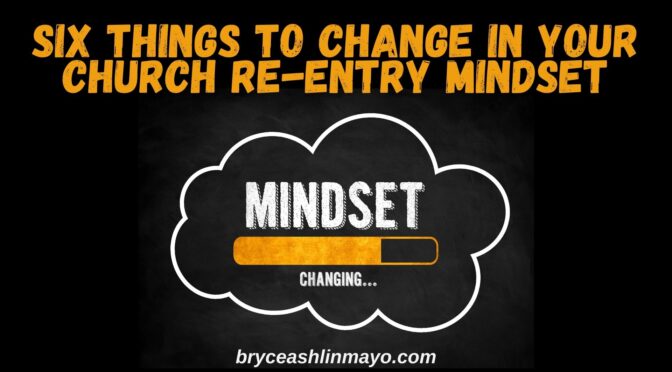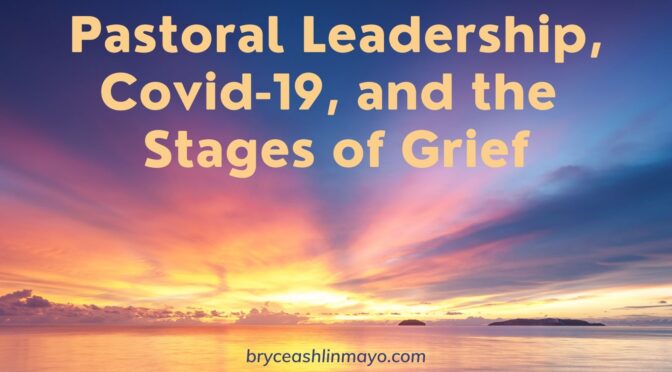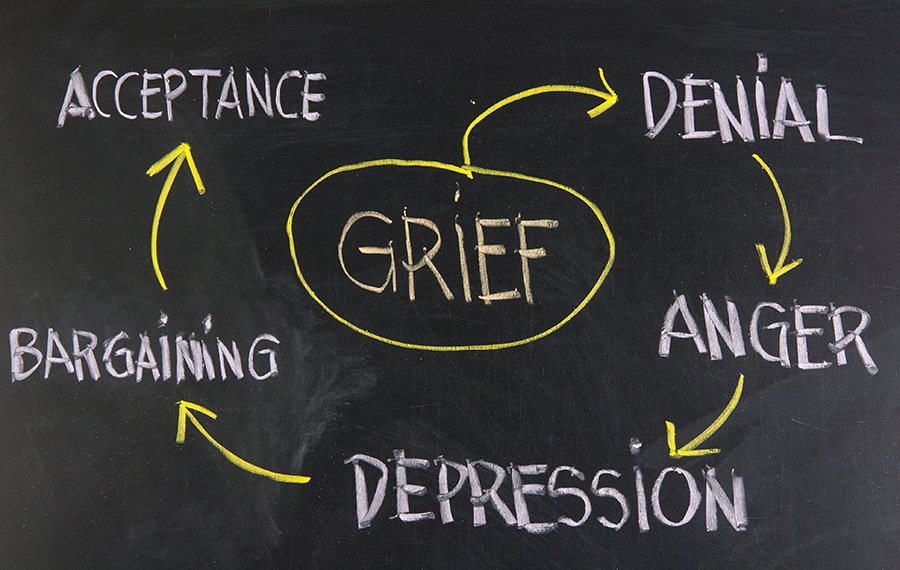Dear Church Leader,
As your church prepares to exit lockdown and re-engage with in-person gatherings, it is vital to prepare for the coming months with the right mindset. As you do, consider these six things:
The Slow Re-Entry
Be prepared for a trickle, not a downpour, of in-person attendance. As restrictions lift, everyone will not come back at the same time or with the same expectations. Some will come with enthusiasm, some with caution, and some with apprehension. Understanding this reality is vital in protecting your heart from potential discouragement and disappointment. Additionally, if we expect people to all come back right away, we will not be prepared to help those who will take time to feel comfortable and reengage with in-person gatherings or to minister to those who choose to engage exclusively online.
Therefore, adjust expectations and allow for people to engage at their own pace. To aid in this, it might be helpful to heighten regular hygiene practices, remove any stigma for those who prefer to continue wearing a mask, and be sensitive to people’s personal space by keeping designated extra social-distance seating for those who would prefer it.
The Great Migration
One of the practical dynamics of a pandemic is that although people moved geographically, we didn’t see this manifest in the local church as most kept engaging digitally after they moved. Although a small percentage may decide to stay digitally connected with their previous church after they have moved away, most will begin looking for a new church home as restrictions ease. This will have two effects. First, it can be discouraging for pastors who will be faced with what would have, typically, been a series of losses over eighteen months, condensed into a short few. Second, it calls on the church to prepare for an unusual influx of people in the coming weeks/months as those who have moved geographically to your area are looking for a new church home.
Thus, as you prepare to welcome your congregation back, put extra energy into your newcomer strategies and hospitality ministry. Consider ways to let new people in your community know of your church as they begin to look for a new church home. Be sure to do this physically (signs, postcards, etc.) as well as digitally (Google and Facebook Ads). Above all, remember that digital is the new front door. If you haven’t done so already, be sure your newcomer engagement strategy includes, and even focuses on, your digital platforms. Keep your website, social media, and live streams up to date with excellence and authenticity as people will attend digitally before they attend physically.
The New Hybrid Normal
It is also important to recognize that, like most things in society (movies, education, work, etc.), people will desire a hybrid (physical and digital) approach, embracing the benefits of both. As a result, people will engage with church physically less often and when they do, they will be looking for personal relationships and physical community. The shift away from large performance-centric gatherings will continue and the growth of artisanal community expressions (both digitally and in-person) will continue to emerge and grow in dominance.
Thus, as you regather physically, pour increasing energy into community and relationships. Additionally, don’t ignore digital and the unique gifts it offers your people to stay connected, foster community, and minister to people untethered by geographic restraints.
The Rebuild
As you look into the coming year, it is imperative that you begin to adopt a rebuilding mentality. If you entered Covid with a mature church with great structure and momentum, it would be foolhardy to assume that mentality will work coming out of Covid. As we exit Covid, your church will need to act more like a church plant than an established church.
Just as when a sports team enters a rebuilding year, you will need to adjust your mentality accordingly (change how you allocate resources, get back to the basics, simplify, adjust your expectations, focus on different priorities, etc.). Take time over the summer to review your ministry strategy and re-emerge focusing on the fundamentals that make your church unique. If you don’t know what that is, this is a great time to discern it with your leadership team and relaunch into the Fall. Don’t fall for the temptation to go back to what was. Move forward engaging with a world that will look very different than it did a year, two, or five years ago.
The Great Divide
One of my brilliant colleagues made the apt observation that we will need to press into reconciliation in the coming year. The world is increasingly divided, and the church is no expectation. Your church cannot achieve its mission if it is divided, and Jesus wants us to show the world that we are His disciples by our love. As a result, I believe this is our moment to be a shining city on a hill, glowing with the light of Jesus’ redemption and reconciliation. God’s mission depends on it!
The Fall Out
As you enter this next year, I want to warn you. It will be hard! Not only will it be filled with rebuilding, but it will also be filled with broken and hurting people. When disaster strikes it is not until after the devastation that people begin to deal with the internal pain and brokenness it created. We would be naïve to assume that things will just spring back to life in people’s lives after the immediate effects of Covid are over. People will be hurting emotionally, spiritually, and physically as we re-emerge from Covid. Let us be prepared for the difficult times ahead by doing what we do best: pastoring, loving, and caring for people with the grace, hope, and love of Jesus. Let us also be prepared that some of those hurting will be us. Do not ignore your own brokenness as you care for others.
The Hope
Although our mindset needs to change as we engage in the coming months, the main things do not. Jesus is still on His throne, and He is leading His Church. Although the coming year will be filled with challenges, take heart. Jesus is good, He has overcome, and He will lead us!
As Jesus said, “In this world, you will have trouble. But take heart! I have overcome the world.” (John 16:33b, NIV)






